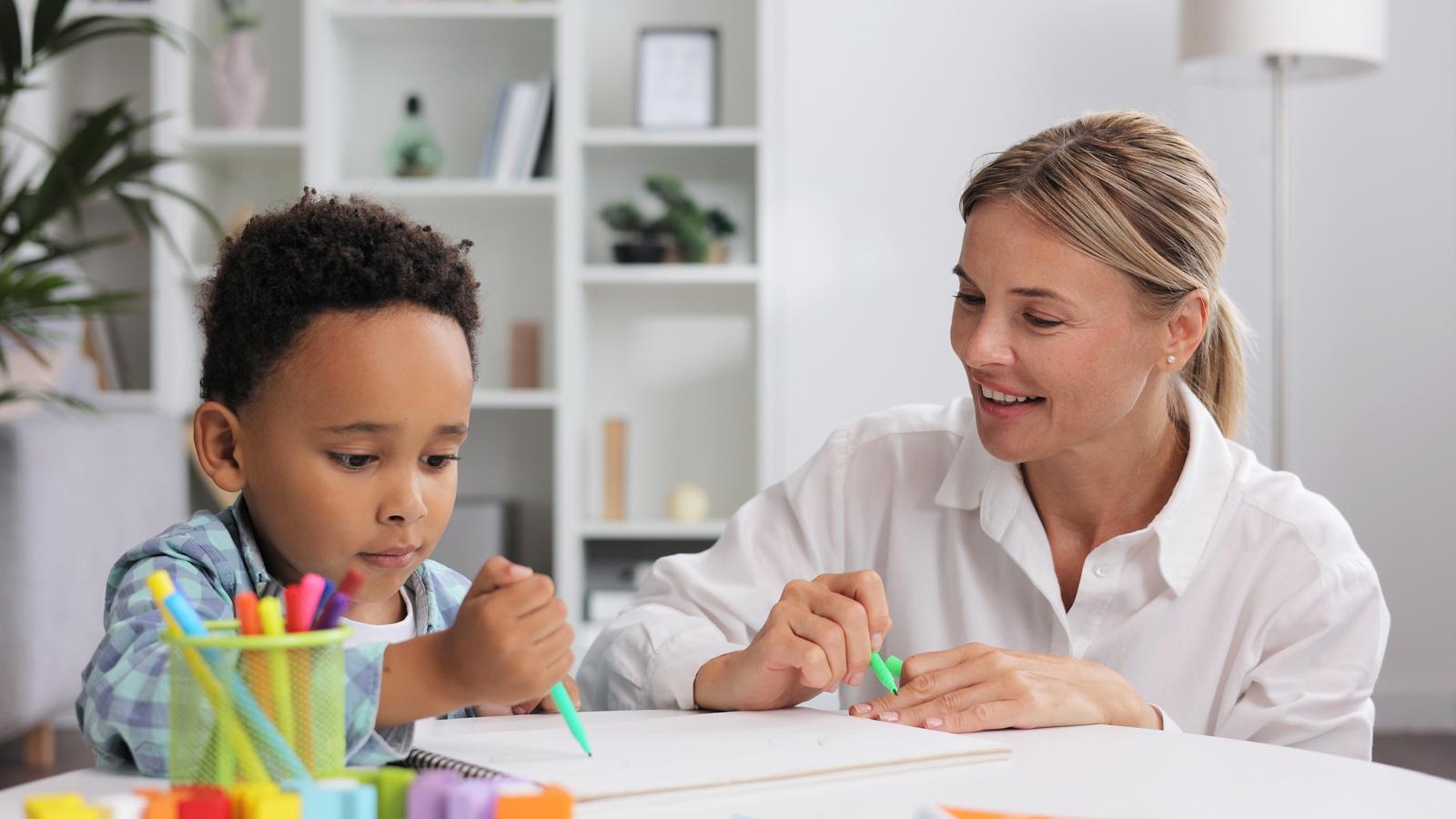
What is Play Therapy?
Play therapy is a counselling method using creative arts such as art, play, therapeutic stories and role-play to help children explore their emotions, process their experiences, and express themselves in a safe and child-led space.
A child may not have the words to describe how they are feeling, or why they are behaving as they do. A child may not be able to recognise what they find difficult, or explain it to someone if asked. Play Therapy provides the expertise and time to do this through play, (PTUK, 2024). Play is a child’s medium for self-expression. When it is often hard to put thoughts and feelings into words, the therapeutic relationship aims to enable reflection, awareness, and to ultimately gain a better understanding of what is being expressed and what is happening for the child.
Play Therapy Sessions Aim To:
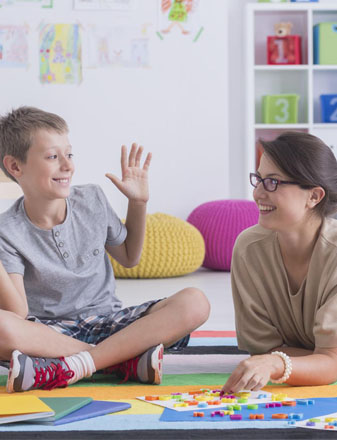
01
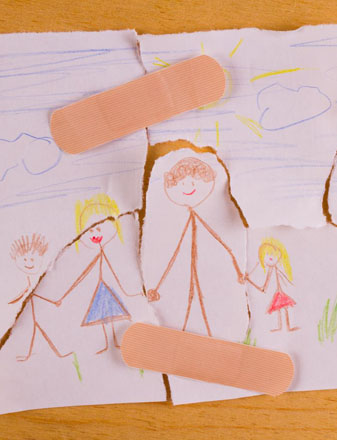
02
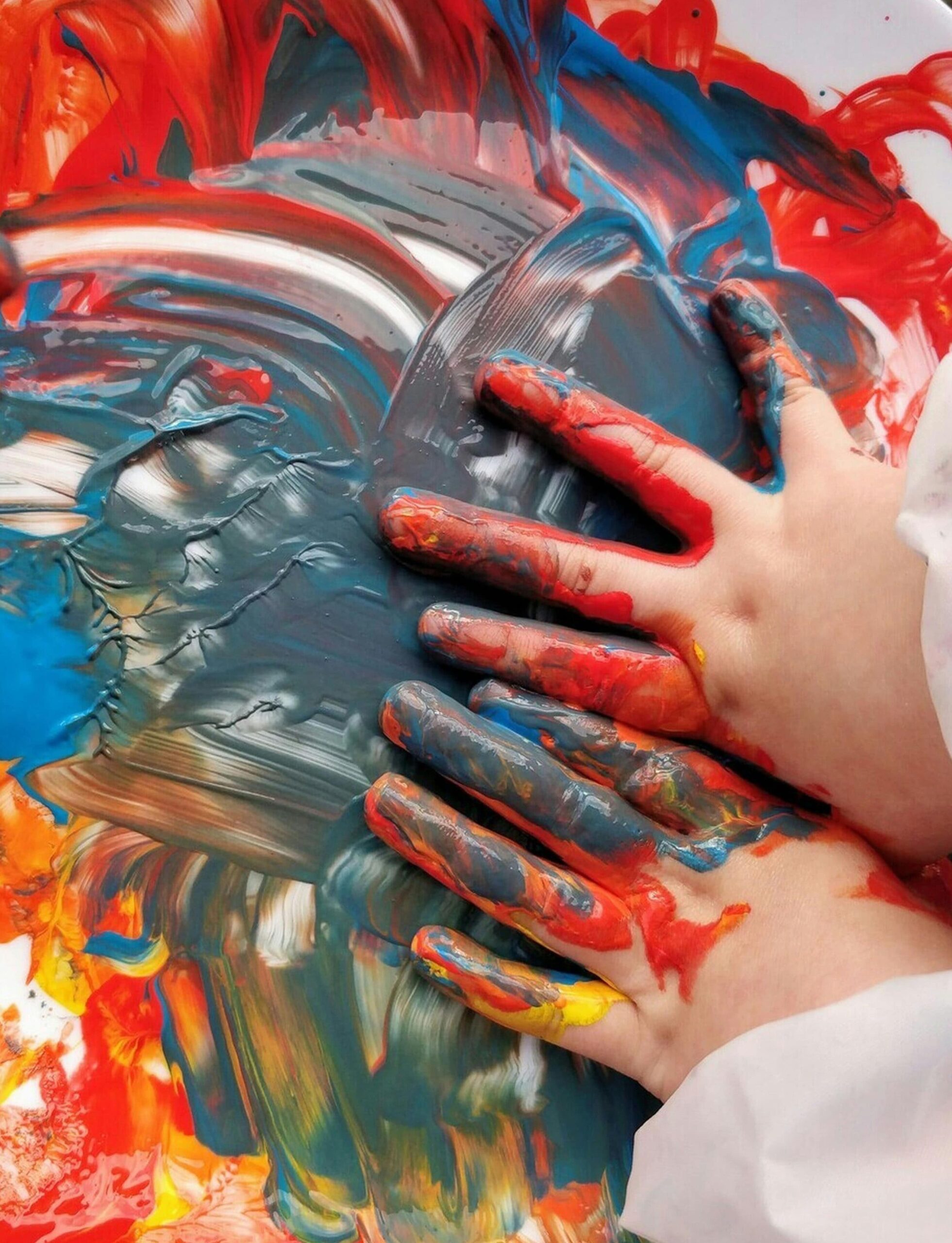
03
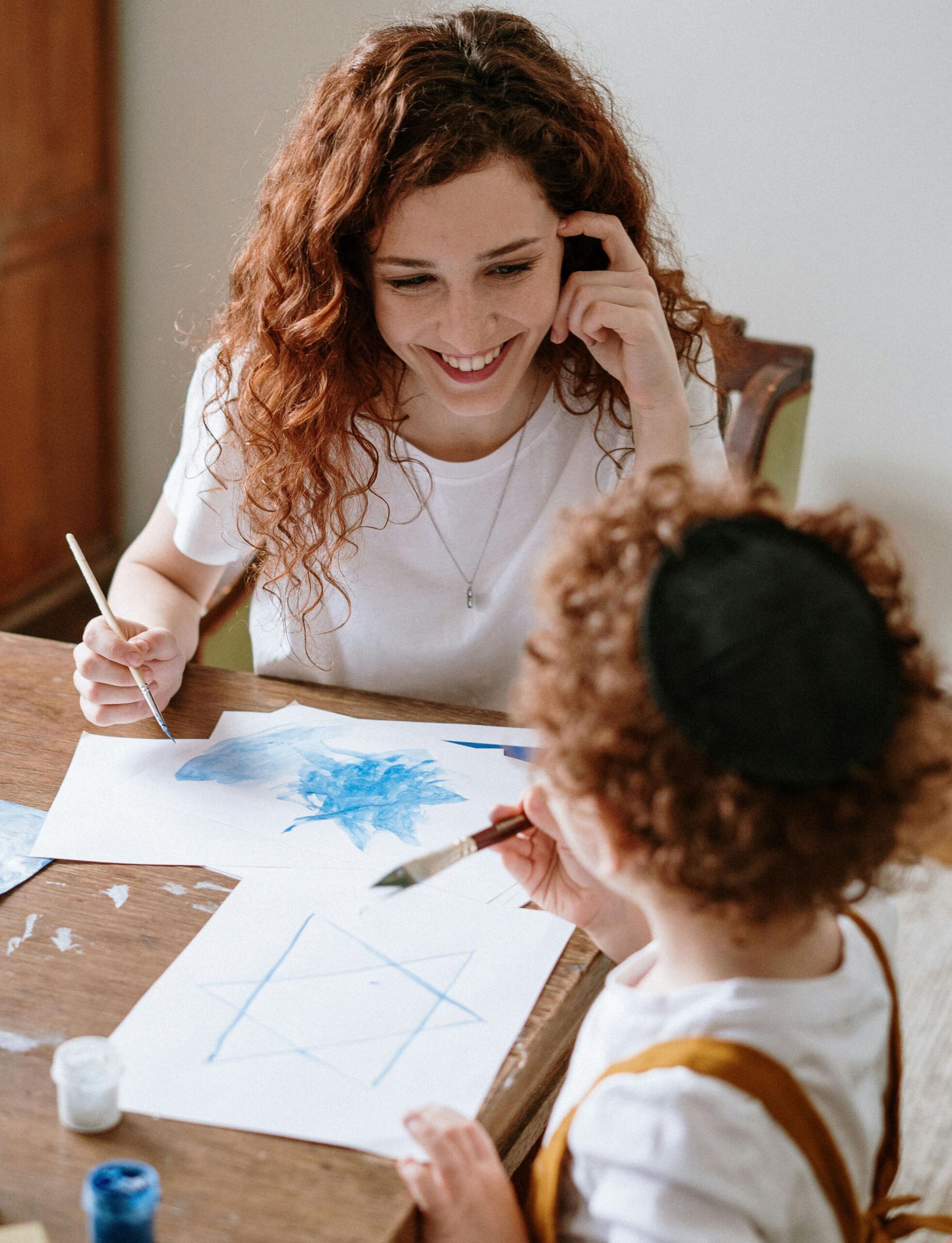
04
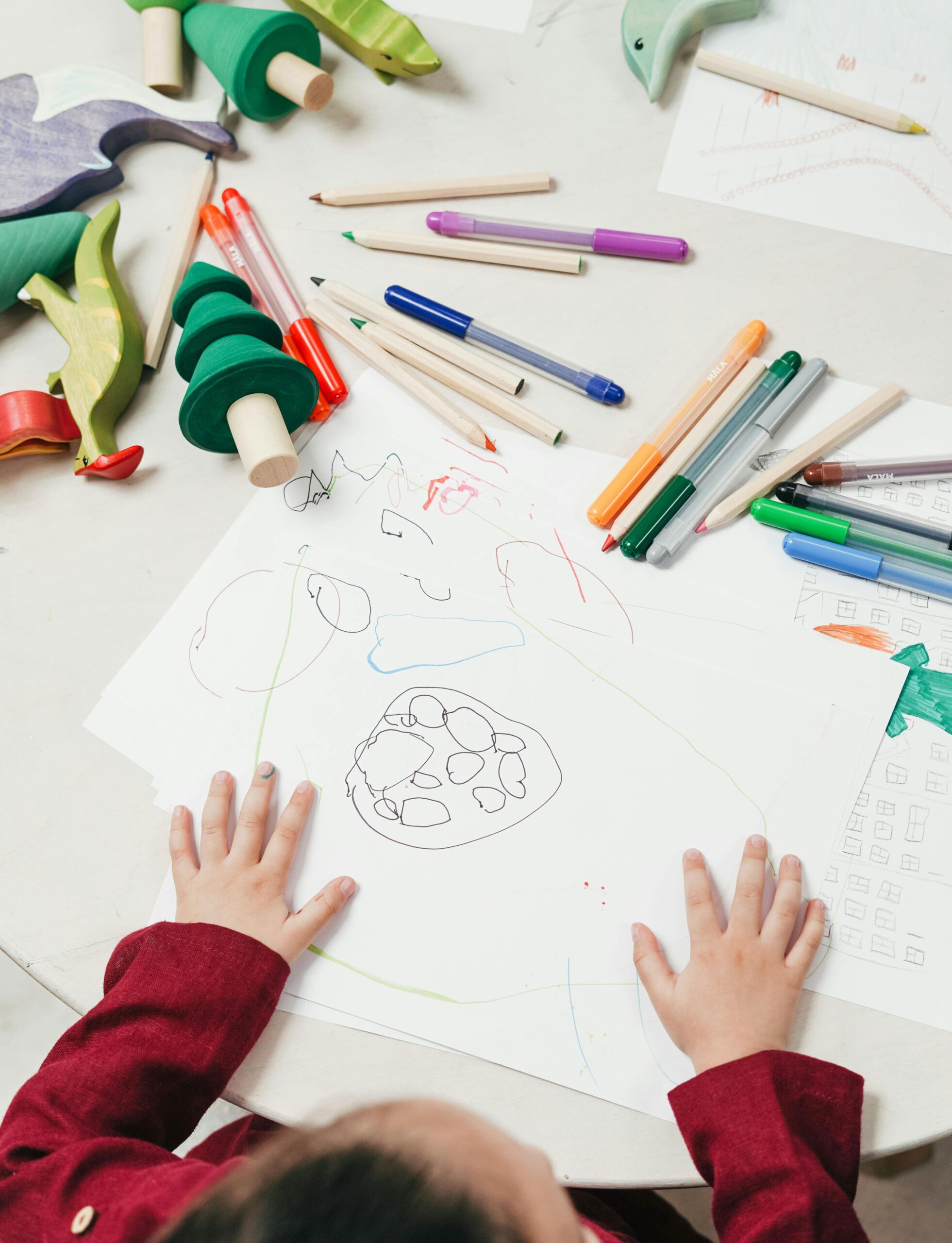
05
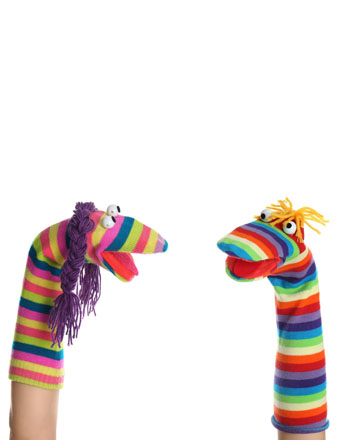
06
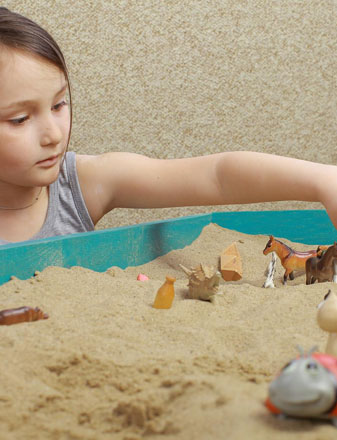
07
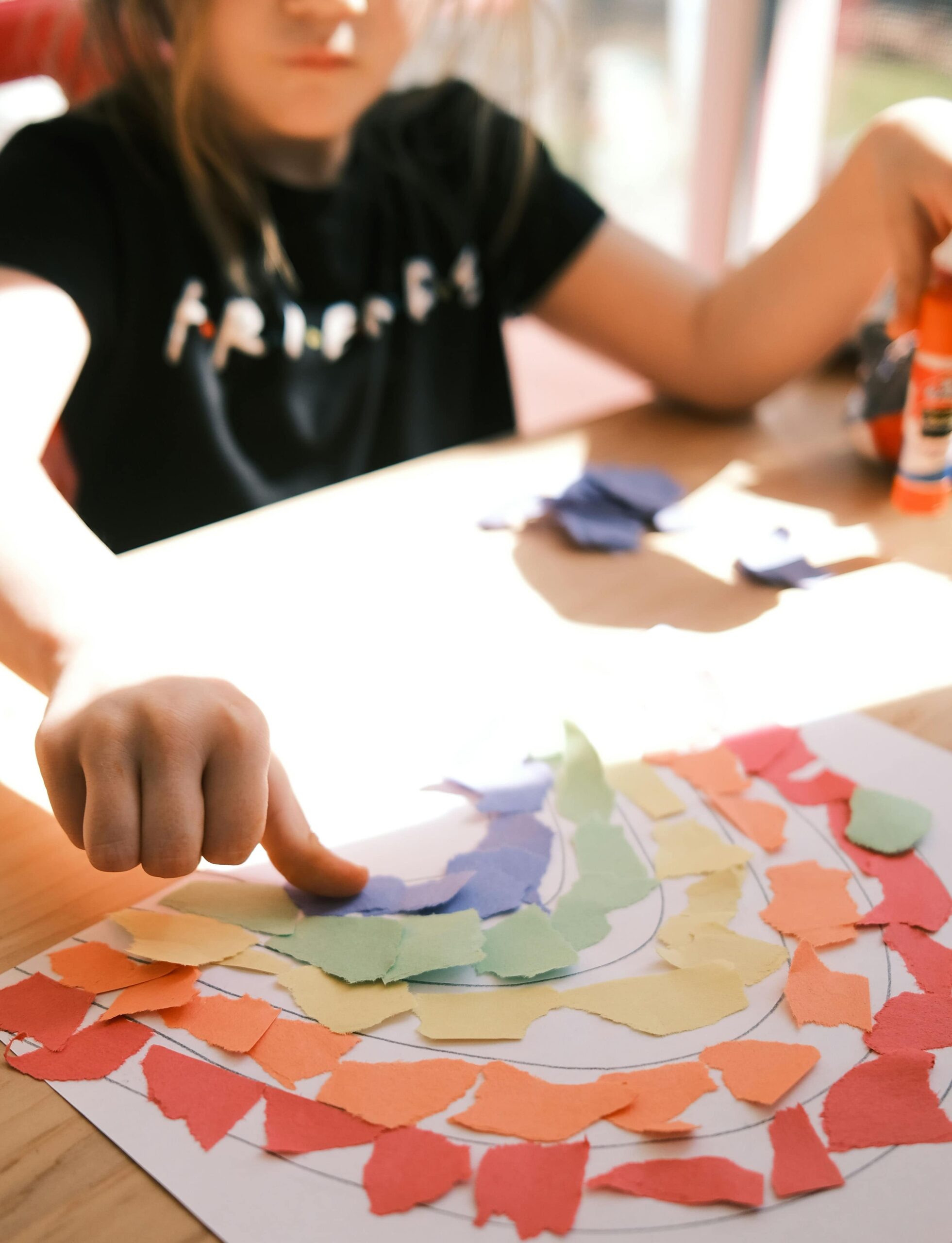
08
Parent-Child Attachment Play (PCAP)
The PCAP practitioner primarily works with the parent/carer (or other adult) in a one to one or group-based setting. The intervention is aimed at children 3+ to late teens. It can be offered to both neurotypical and neurodiverse children and adapted according to the child’s needs.
The PCAP model integrates both theory and practice so that practitioners are confident in ‘the Why and the How’ in delivering this innovative, creative and effective intervention.
PCAP is a 10-step method that integrates 3 fundamental attachment focused mechanisms; reflective functioning, child led play and containment and helps to support parent-child attachments and relationships. (Clearsky, 2022).

What Parents And Professionals Say

Mentoring
There are several ways in which mentoring can support mentees.
Developing a trusting relationship and providing pastoral and emotional support.
Helping the mentee with learning and academic development.
Helping the mentee to develop life skills, social skills or communication skills.
Listening carefully and asking questions to help the mentee gain insight into their own thinking.
Providing practical support with school tests, entrance exams, job applications or access to services.
Coaching with time management, organizational skills and helping mentees achieve their goals, and work towards achievements.

About Me

What is Play Therapy
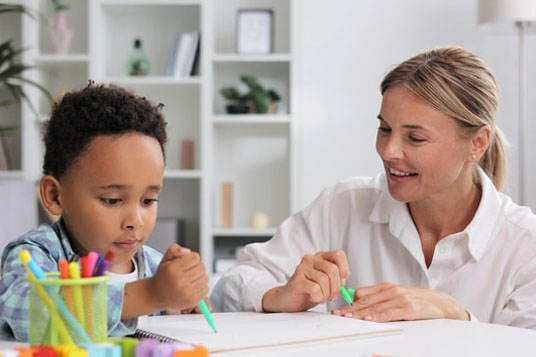
What Parents And Professionals Say
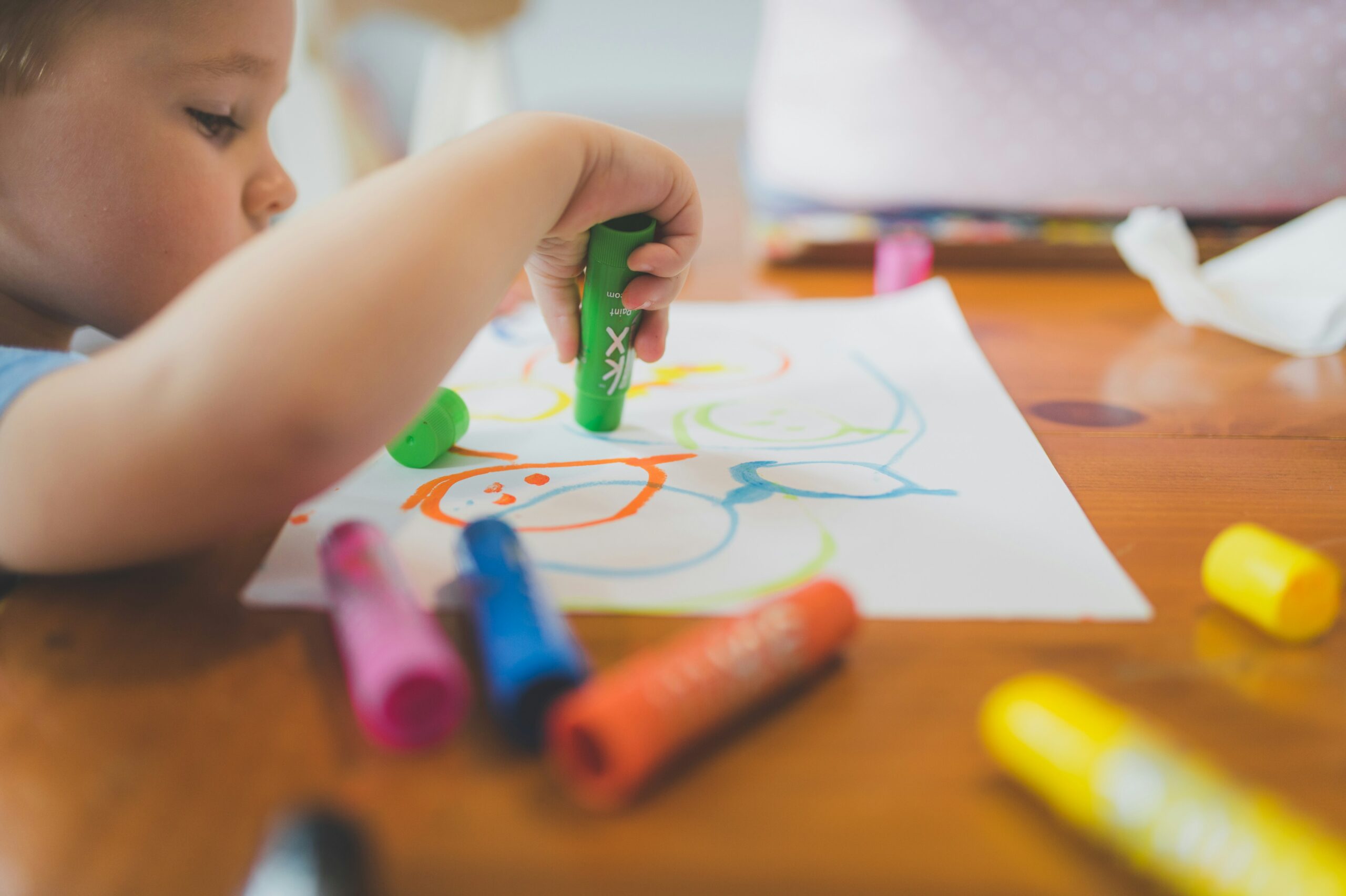
Useful Links and Resources
Get in Touch
We can discuss any concerns about your child or any further questions you may have.
